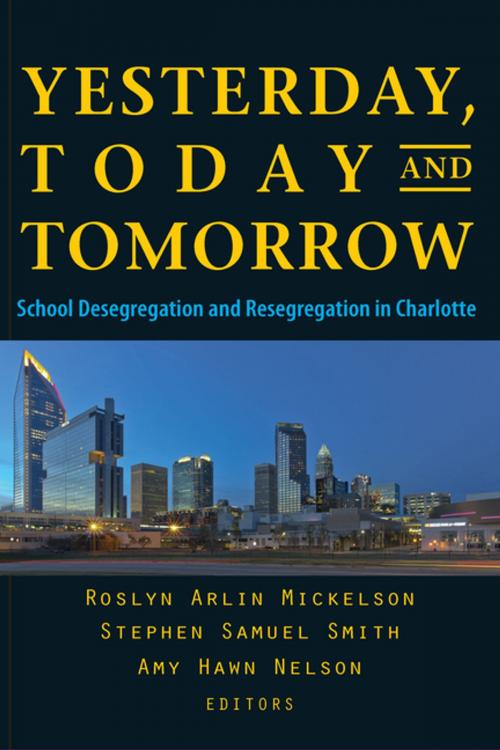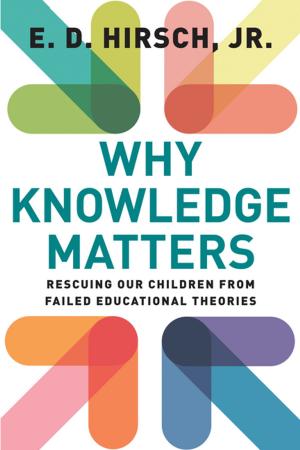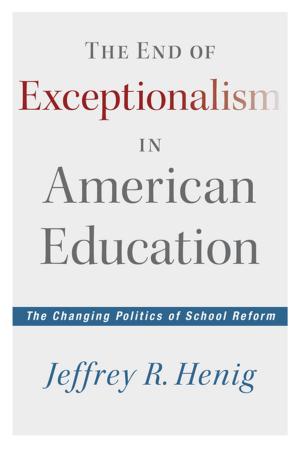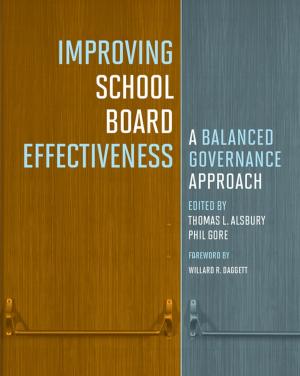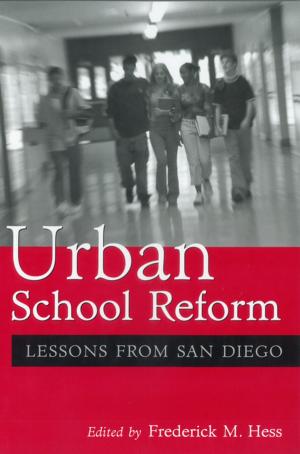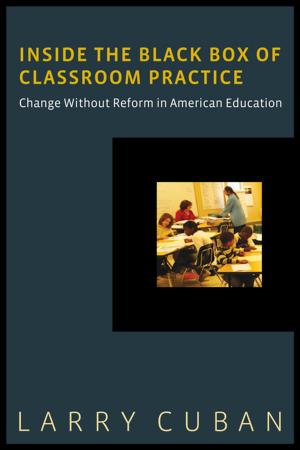Yesterday, Today, and Tomorrow
School Desegregation and Resegregation in Charlotte
Nonfiction, Reference & Language, Education & Teaching, History| Author: | ISBN: | 9781612507583 | |
| Publisher: | Harvard Education Press | Publication: | November 14, 2017 |
| Imprint: | Harvard Education Press | Language: | English |
| Author: | |
| ISBN: | 9781612507583 |
| Publisher: | Harvard Education Press |
| Publication: | November 14, 2017 |
| Imprint: | Harvard Education Press |
| Language: | English |
*Yesterday, Today, and Tomorrow *provides a compelling analysis of the forces and choices that have shaped the trend toward the resegregation of public schools. By assembling a wide range of contributors—historians, sociologists, economists, and education scholars—the editors provide a comprehensive view of a community’s experience with desegregation and economic development. Here we see resegregation through the lens of Charlotte, North Carolina, once a national model of successful desegregation, and home of the landmark Swann desegregation case, which gave rise to school busing.
This book recounts the last forty years of Charlotte’s desegregation and resegregation, putting education reform in political and economic context. Within a decade of the Swanncase, the district had developed one of the nation’s most successful desegregation plans, measured by racial balance and improved academic outcomes for both black and white students. However, beginning in the 1990s, this plan was gradually dismantled. Today, the level of resegregation in Charlotte has almost returned to what it was prior to 1971. At the core of Charlotte’s story is the relationship between social structure and human agency, with an emphasis on how yesterday’s decisions and actions define today’s choices.
*Yesterday, Today, and Tomorrow *provides a compelling analysis of the forces and choices that have shaped the trend toward the resegregation of public schools. By assembling a wide range of contributors—historians, sociologists, economists, and education scholars—the editors provide a comprehensive view of a community’s experience with desegregation and economic development. Here we see resegregation through the lens of Charlotte, North Carolina, once a national model of successful desegregation, and home of the landmark Swann desegregation case, which gave rise to school busing.
This book recounts the last forty years of Charlotte’s desegregation and resegregation, putting education reform in political and economic context. Within a decade of the Swanncase, the district had developed one of the nation’s most successful desegregation plans, measured by racial balance and improved academic outcomes for both black and white students. However, beginning in the 1990s, this plan was gradually dismantled. Today, the level of resegregation in Charlotte has almost returned to what it was prior to 1971. At the core of Charlotte’s story is the relationship between social structure and human agency, with an emphasis on how yesterday’s decisions and actions define today’s choices.
